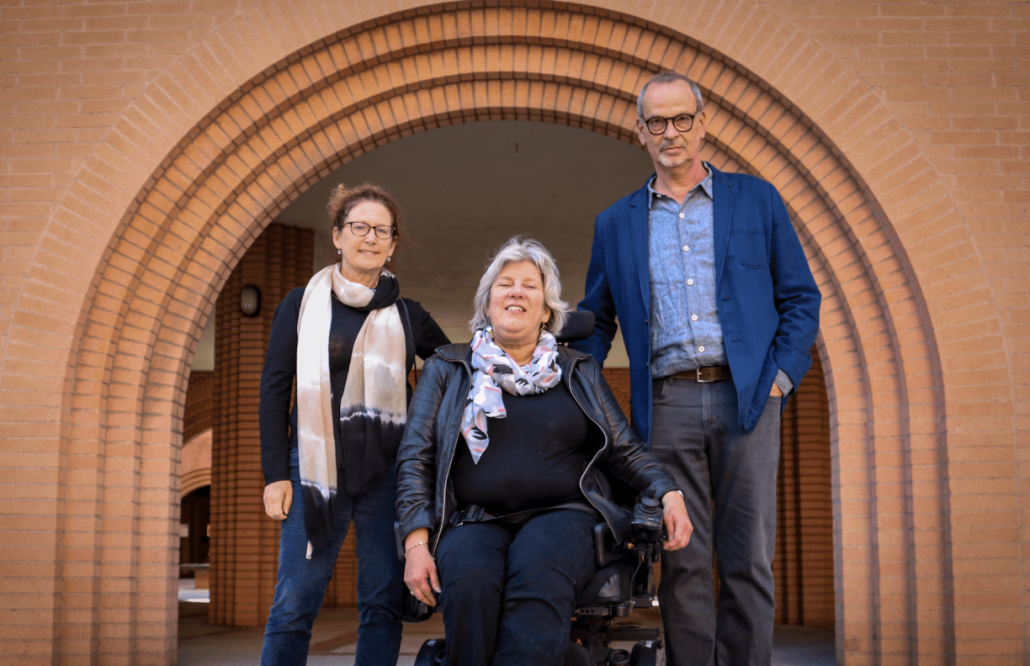Concerned Faculty of USC releases letter

Concerned Faculty of USC, a group of nearly 350 staff and faculty members, released a statement regarding the recent alleged admissions bribery scheme. The group, led by Gould School of Law professor Ariela Gross, called on USC administrators to appoint a faculty-led oversight committee to investigate its admission and athletics departments following the University’s involvement in the FBI probe.
“Many of us were distressed to learn the news last week that USC is again at the center of a scandal involving corruption, greed and a failure of administrative oversight and accountability,” the statement read. “Of course, USC was not the only university involved in this criminal enterprise … but USC’s handling of past wrongdoing has engendered so much distrust in our community that we bear an extra burden to act on this case with the highest level of transparency, accountability and faculty governance.”
Concerned Faculty started as an informal group in May 2018 after the Los Angeles Times reported on former campus gynecologist George Tyndall’s alleged abuse of current and former students. Concerned Faculty published a letter calling for former President C. L. Max Nikias to step down, which garnered support from over 200 faculty members.
During the summer, the group created subcommittees to devise plans for faculty to help mend and advise the University following increased calls for transparency.
“We set up subcommittees on topics like long term governance, the presidential search and student health,” Gross said. “Those subcommittees were working all summer, both researching best practices and figuring out our own proposals for what should be done better at USC.”
Almost one year later, Concerned Faculty took its first steps toward becoming a formal organization. Over 74 percent of the 350 active members recently participated in the election of a steering committee, which will lead and advise members.
“We’ve been operating this year as an informal group. We have had lots of people actively involved, but we didn’t have any formal structure,” Gross said. “But this month, we made the decision that it is really time to have a steering committee that is elected by membership.”
The steering committee comprises eight faculty members including Annenberg School for Communication and Journalism professor Larry Gross, Chair of Cinema and Media Studies Tara Mcpherson, Keck School of Medicine associate professor Sharon Orrange and Dornsife College of Letters, Arts and Sciences professors Manuel Pastor, Hilary Schor, Greg Thalmann and Jody Vallejo.
In addition to calling for a faculty-led committee to investigate the recent alleged admissions scheme, the letter demands that the Board of Trustees release its findings from the internal investigations into former Keck dean Carmen Puliafito, who was accused of taking methamphetamines while seeing patients, and Tyndall, who is currently being accused by over 650 plaintiffs.
Gross said she hopes Concerned Faculty can bring change to the University and inspire faculty to confront school-wide challenges. Gross said the University’s Academic Senate, the faculty’s representative body comprising elected Faculty Council members, is not as representative as some faculty would like.
“My overwhelming sense is just that this has … activated faculty who felt that there was just no point in getting involved in faculty governance because the traditional body, like the Academic Senate, had so little power,” Gross said. “The place where [the Senate] hasn’t changed … is to become more representative. They have the most arcane election procedures, so they have an executive board that does not represent their constituents.”
Gross said that members of the steering committee engaged in productive conversation with President-elect Carol Folt in a meeting Wednesday. According to Gross, Folt expressed support for faculty involvement in the University’s internal investigation.
Gross said Concerned Faculty hopes USC will continue to increase transparency.
“We call on all members of our community, including the administration and the Board of Trustees, to recommit ourselves to the academic and ethical values at the center of the University’s mission,” the statement read. “And to stop allowing important decisions to be driven by financial concerns as our paramount value.”
USC did not respond to requests for comment at the time of publication.

